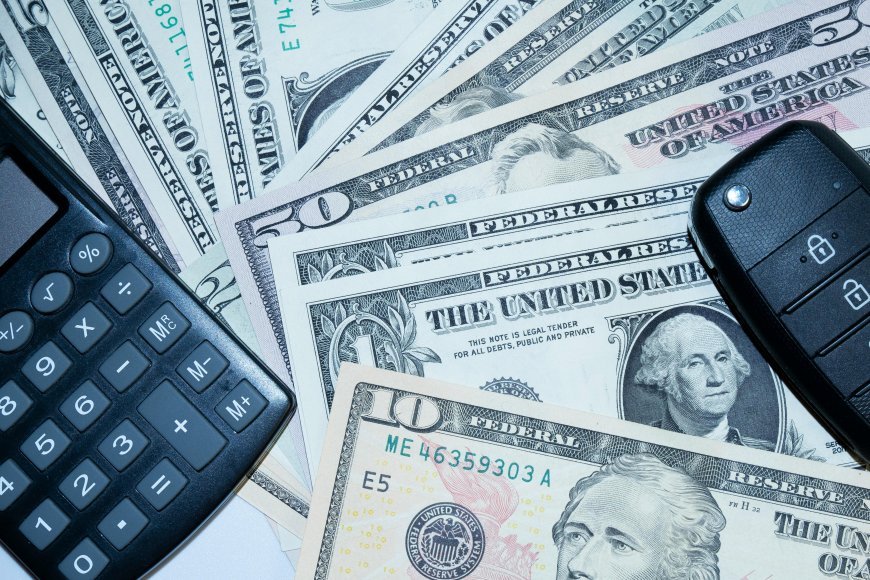DOGE’s Accounting Tricks Inflate Savings, Report Reveals


A recent investigative report from Politico has raised significant concerns regarding the financial claims made by the Department of Government Efficiency, colloquially known as DOGE. Despite an aggressive campaign over the past six months to terminate research grants, federal contracts, and even lay off government employees nationwide, DOGE has fallen woefully short of the savings it promised under the leadership of Elon Musk.
According to DOGE's public records, the agency claims to have saved a staggering $205 billion since Donald Trump took office, boasting a public "wall of receipts" to back these assertions. However, the accuracy of these claims has come under scrutiny, as Politico's analysis reveals that the figures presented by DOGE may be misleading at best.
The report highlights that while DOGE asserts it has saved taxpayers $52.8 billion through the cancellation of various contracts, Politico could only verify $32.7 billion of that amount. More troubling is the revelation that the actual savings from these cancellations amount to approximately $1.4 billion. This discrepancy suggests that DOGE's accounting practices may be more about optics than reality, employing strategies that exaggerate savings figures.
To put it bluntly, Politico's findings indicate that DOGE has realized only about 2.6% of the savings it claims from canceled contracts. As the report underscores, the funds associated with these canceled contracts cannot be deducted from the federal deficit—something DOGE was allegedly tasked with managing—without explicit approval from Congress, meaning these dollars merely revert to the respective agencies.
For those curious about the methodologies employed by DOGE, Politico's comprehensive report delves into the specifics of how DOGE's "faulty math" leads to these inflated savings claims. The agency often calculates savings based on the maximum potential spending associated with each contract, rather than actual or projected expenditures. This approach has been criticized for its lack of transparency and accuracy, likening it to a credit card limit—just because you have a card with a $1 million ceiling doesn’t mean you’ve saved that amount by canceling it.
Indeed, this method of accounting has been flagged as problematic since February, with experts cautioning against the misleading nature of such calculations. As Politico aptly notes, the inflated savings claims made by DOGE have not been fully understood until now, revealing a pattern of exaggeration that casts doubt on the agency's credibility.
In response to Politico's findings, officials from the Trump administration asserted that DOGE has achieved "historic savings for the American people." They maintained that the agency’s list of claimed savings is both accurate and continuously updated in real-time based on current data.
For those who have followed Elon Musk's ventures since the beginning of the year, this controversy surrounding DOGE may not come as a surprise. Musk, who formally stepped down from his role at DOGE in early 2025, initially projected that the agency would save the government a monumental $2 trillion. However, this figure was quickly revised down to $150 billion by April, highlighting a significant scaling back of expectations.
While DOGE's cuts have effectively streamlined certain government operations, they have also resulted in substantial reductions in public services. For instance, the agency has made headlines for its drastic cuts to foreign aid, including slashing funding for USAID, as well as cutting $125 million in funding for LGBTQ health initiatives. These actions have sparked considerable debate about the real-world implications of DOGE's fiscal policies and their impact on vulnerable populations.
The broader implications of DOGE's financial misrepresentation extend beyond just the agency itself; they raise critical questions about transparency and accountability in government spending. In an age where fiscal responsibility is paramount, agencies must ensure that their claims are substantiated by rigorous data and sound accounting practices. The public deserves to know not only how much money is being saved but also the methods behind those numbers.
As the narrative surrounding DOGE continues to unfold, it serves as a crucial reminder of the importance of scrutiny in governmental fiscal reporting. The discrepancies highlighted by Politico's report underscore the need for a more transparent and accountable approach to managing taxpayer dollars, one that prioritizes accuracy over optics. As citizens, we must demand clarity in how our government operates, especially when it comes to financial claims that affect the public purse.
In conclusion, while DOGE's mission to improve government efficiency may be well-intentioned, the agency's approach to demonstrating its savings has raised serious red flags. As the investigation into these claims deepens, it will be crucial for both lawmakers and the public to engage in a dialogue about the future of government spending and the accountability mechanisms that govern it.
What's Your Reaction?
 Like
0
Like
0
 Dislike
0
Dislike
0
 Love
0
Love
0
 Funny
0
Funny
0
 Angry
0
Angry
0
 Sad
0
Sad
0
 Wow
0
Wow
0







































